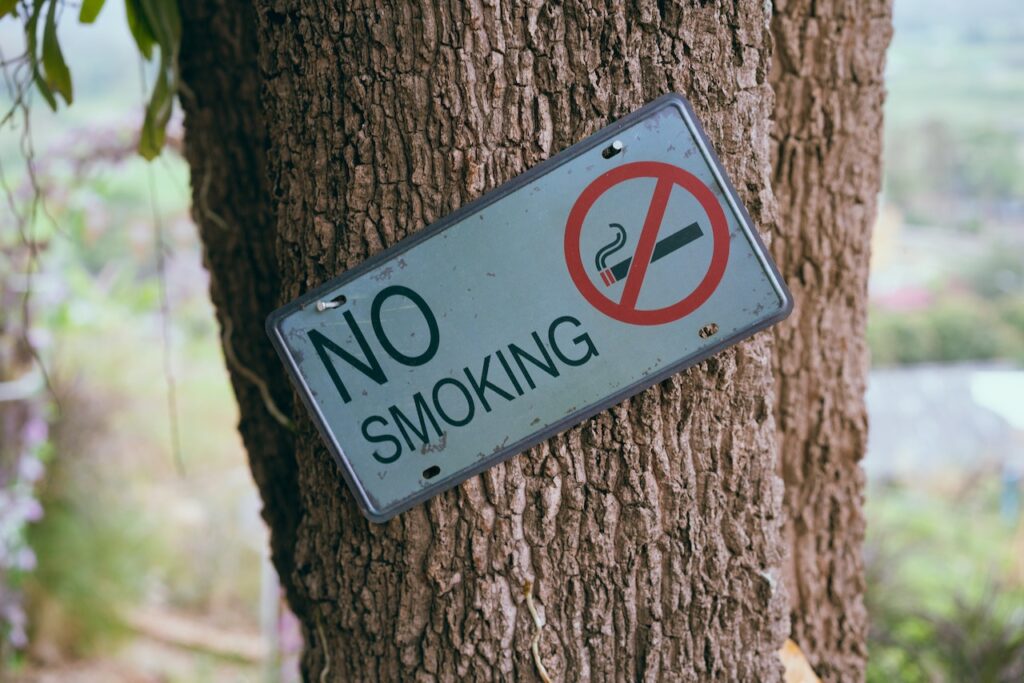How to Avoid Relapse and Stay Smoke-Free for Good

Quitting smoking is a very difficult process to go through. You may think you’ve successfully quit, but then a life event will happen, and you may find yourself on the brink of relapsing. If you’re concerned about remaining smoke-free in the long run, here are some tips on how to avoid relapsing.
Find your triggers
One of the most important things you need to do early on to avoid relapse is to identify your triggers. Triggers can be a range of things – commonly the situations, people, or emotions that make you want to smoke. Once you identify your triggers, you can try to either avoid them or, if that’s not possible, to cope with them without smoking.
Develop coping strategies
When you quit smoking, you’ll likely experience a range of withdrawal symptoms. It’s essential to develop some really strong coping strategies, in order for you to be able to manage these symptoms effectively. Effective strategies might include deep breathing, sports, or even just going for a walk.
Find support
Having support from friends, family, or a community support group can be invaluable when trying to stay smoke-free. Surround yourself with people who understand your issue, and support your decision to quit smoking. They can help you when you’re on the brink of relapse, ensuring that you remain on the right track.
Use nicotine replacement therapy
If you find that you absolutely do need a hit of nicotine, there are healthier alternatives to smoking. Nicotine replacement therapy (NRT) can be a great way of slowly coming off of smoking, without being thrown head-first into nicotine-free life.
NRT includes a wide variety of different products, including nicotine gum, vapes like a crystal bar, and nicotine patches. These products are designed to help with the management of your nicotine cravings, while you work on breaking the habit of smoking in the long term.
Avoid temptations
Avoiding situations or people that may encourage you to want to smoke is essential to staying smoke-free. Stay away from places or people that trigger your burgers to smoke, especially in the early weeks and months when you’re more vulnerable. If you must be in a situation where smoking is present, make sure that you’re prepared, and have a strong plan in place to dela with it.
Celebrate your success
Quitting smoking isn’t all toughness and gritty perseverance – it’s a significant accomplishment, and it’s important to celebrate your successes as they come along. Celebrate each milestone, such as a week, a month, or a year of being smoke-free. This can help show you how far you’ve come, and reduce your chances of relapse.
Avoiding relapse and staying smoke-free for good is a challenging but ultimately very achievable goal. By identifying your triggers, developing coping strategies, and celebrating your success along the way, you can massively decrease your risk of relapsing.
Quitting smoking isn’t easy, and it may take some time. No matter the bumps along the road, treat it as a learning process; be kind with yourself, and eventually, you’ll get there.




